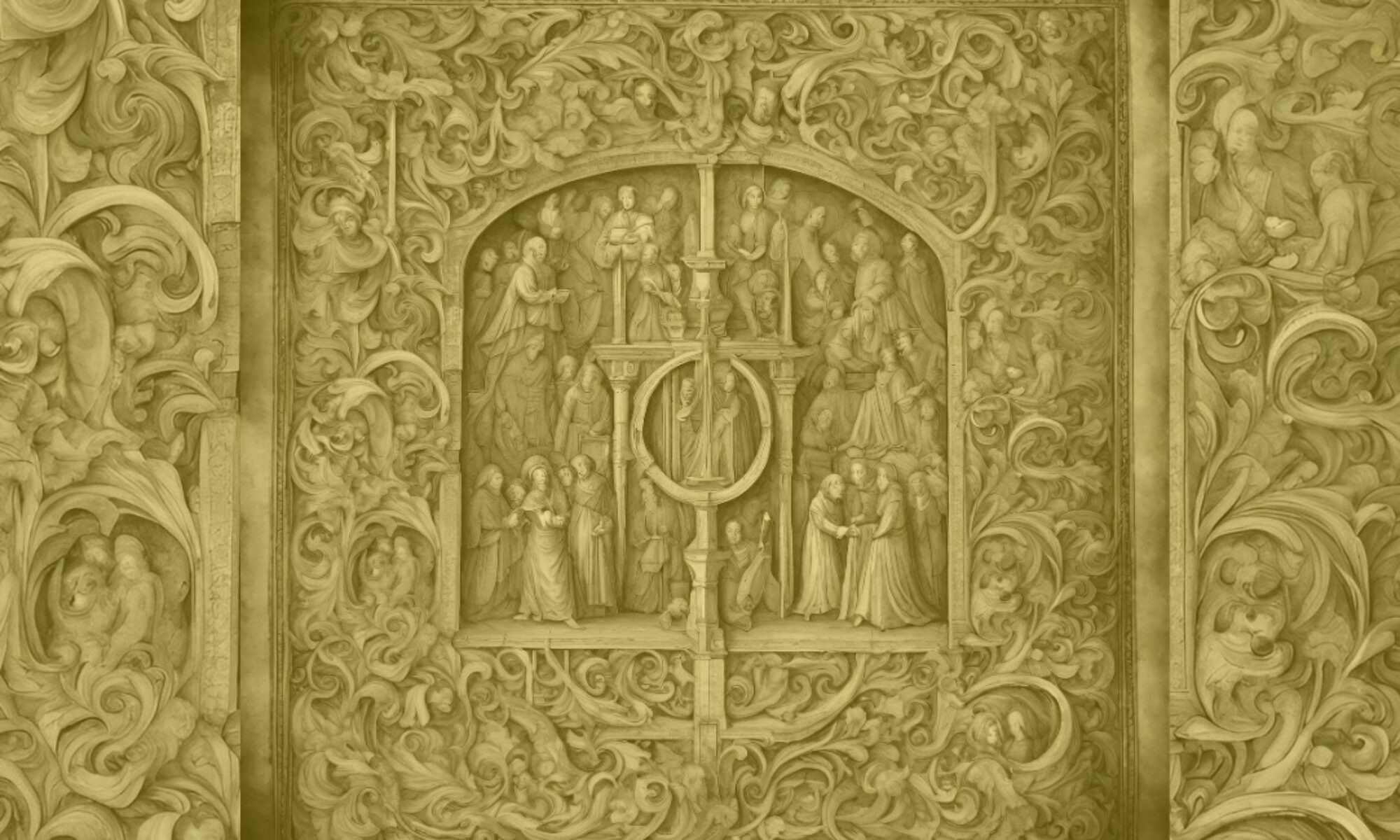Raina’s talk is called “What Women Want: The modern implications of an ancient tale on the difficulties of being a woman in a man’s world”

Revisiting the legend of “The Wedding of Dame Ragnell and Sir Gawain,” we gain insight into What Women Want, the riddle paused to King Arthur and which he must solve to keep his head. We reveal if it has changed much over the centuries. With an illuminating detour from fairy tales to modern heroines in Cinema and the women who play them, this proposal offers a mytho-poetic approach to the heart of the tension between the feminine and the masculine and whether it can be resolved.
About Raina
Raina Manuel-Paris, Ph.D. has a multi-cultural and multi ethnic background. She holds a Masters degree from Columbia University in screenwriting and directing and a Ph.D. from Pacifica Graduate Institute in Mythological studies with an emphasis in depth psychology. Her work as a poet and writer, filmmaker, teacher and speaker illuminates the various paths to spiritual transformation, the relationship to ourselves and others, to love and compassion, to light and shadow. She is a published author of books, (The Mother-to-be’s Dream Book, published by Time Warner), and articles ( Trauma,War, and Spritual Transformation for the Magazine of Jungian thought, Psychological Perspectives) and has been a professor of Myth and Symbol, Magic and Ritual for the past seventeen years. She is a meditation guide and a speaker. She has lectured on the Goddess: from ancient times to the #metoo movement, Love as Primal Agent of Change, Love and Sacred Medicine, the Handless Maiden: a mytho-poetic guide to wholeness, on the Tarot as a guide through the
cycles of life and death. Her latest lecture on The In-Between, Liminality in Uncertain Times, as well as other lectures and writings, can be found on Youtube.com, through PRS.org, on the Joseph Campbell foundation website (jcf.org) and on her website
www.rainamparis.com. Her poetry can be heard on NPR, All Things considered, Poetry month. And was selected for the commemorative edition of Solo Novo, Psalms of Cinder&Silt. She is currently working on a novel.









